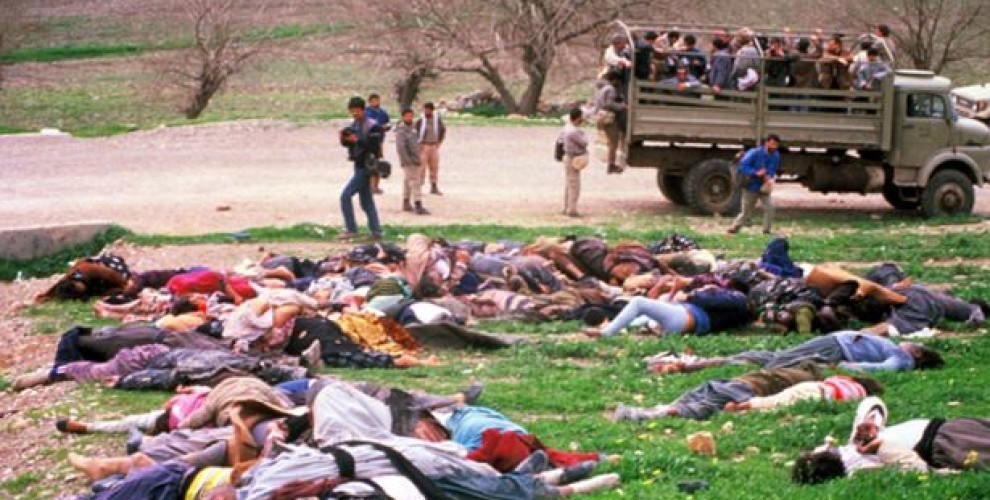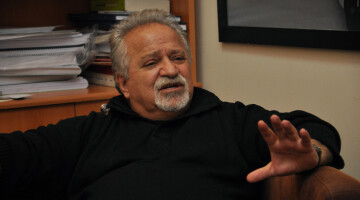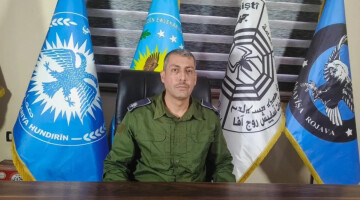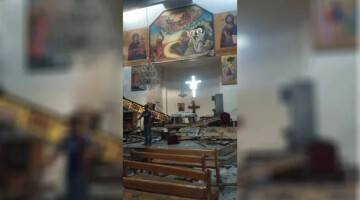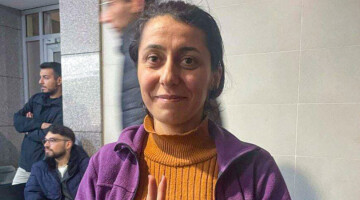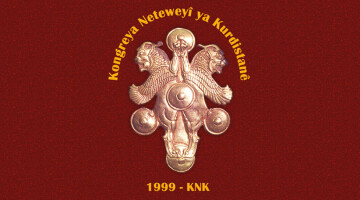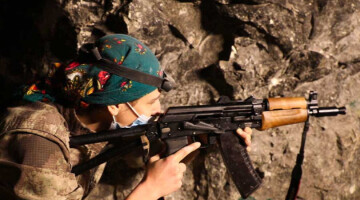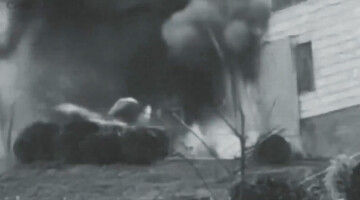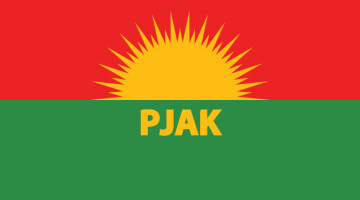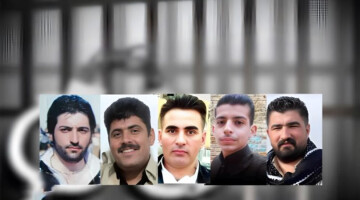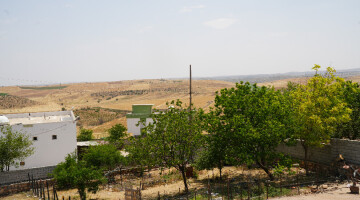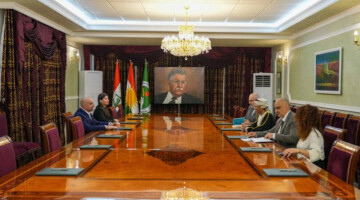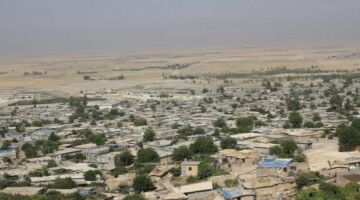The savagery committed by the Ba'ath regime in Iraq led by late dictator Saddam Hussein left a black mark on the century with a chemical gas attack on civilians in Halabja 30 years ago. The attack left over 5 thousand people dead, thousands disabled and forced thousands of others to migration.
Wounds of the 16 March 1988 massacre are still fresh after 30 years. Survivors told ANF about the dimension of the massacre which came with a smell of apple.
Mahsume Gul said the followings; "Let me tell you about it if I can. But, could it be understood by those who didn't live it? A smell covered all over everywhere. We were shocked and didn't know what to do. I was seeing dead bodies everywhere I looked. I run to my brother's house. There was no voice inside. Ten people had died all of a sudden. I went out to the streets which were full with corpses and people fighting for their life. I was also breathing very difficultly. I still can't stop thinking how I managed to survive it."
An elderly by the name of Abdurrahman Reşit Emin lost his mother and two siblings in the massacre which he describes as "moments of a grimness that would not end". Reşit Emin says that the air was covered with a smell of apple, telling the followings; "We were dumbfounded. Sky in Halabja was shaken with sounds of warplanes of which there were around 10-15, as I might not remember the exact number. Everything happened so fast. Thousands of people drew their last breath in ten minutes. Dead bodies were lying everywhere one looked. The rest left the city and took the migratory path. Those left to poverty and sickness were as many as the dead. Everyone became miserable. Some lost their mind, some went blind."
Another witness Hasan Ali said; "Our wound is always fresh. We never forgot that day and we will never forget it as long as we live. Today is the 30th anniversary of the massacre. It was like the end of the world for a moment. All my family fell apart, everyone went somewhere different. A son of mine is still to be found. We looked and applied for him everywhere, but we couldn't find him. Some lost their children, some their parents and some their siblings. Halabja was destroyed in no time at all. A massacre was being perpetrated. Saddam wanted to destroy Halabja not only with its people but with everything it had. It was quite a moment of disaster."

